|
If you’re like me and Australia’s Olympic success has left you wanting more, grab the remote and settle in, the Paralympics have begun.
With 549 medal events across 22 sports, there’s a lot to take in. So Vaughan Cruickshank and colleagues wrote this guide to the games’ history, classification rules and athletes to watch.
Australia’s best medal chances include para-athletes Madison de Rozario and James Turner, para-triathlete Lauren Parker, and the (almost) all-conquering Steelers wheelchair rugby team.
We also take a look at the challenges Paralympians face compared with their Olympic peers (hint: funding is a huge issue), and Paralympian Georgia Munro-Cook writes about the extra inequality faced by female para-athletes.
Through the games, we’ll tell the fascinating story of a “forgotten” Torres Strait Island Paralympian, examine the economics of the event, list the greatest Paralympians of all time, and much more.
Enjoy the show.
|

|
Niall Seewang
Sport + Society Editor
|
|
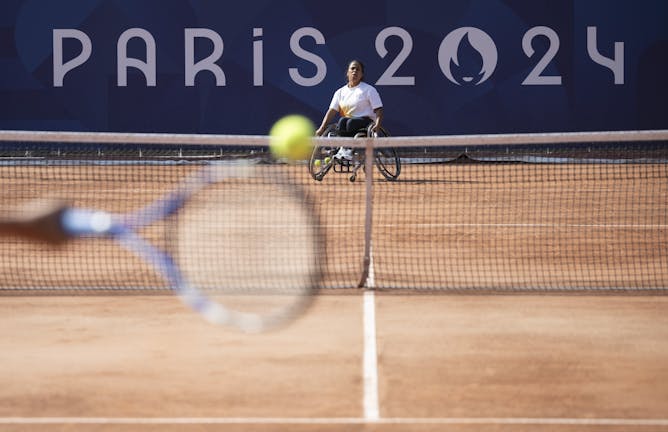
Vaughan Cruickshank, University of Tasmania; Brendon Hyndman, Charles Sturt University; Tom Hartley, University of Tasmania
As Paris prepares to host the Paralympic Games, you may be wondering how classification works, which Aussies to watch, or whether there any sports unique to the Paralympics.
|
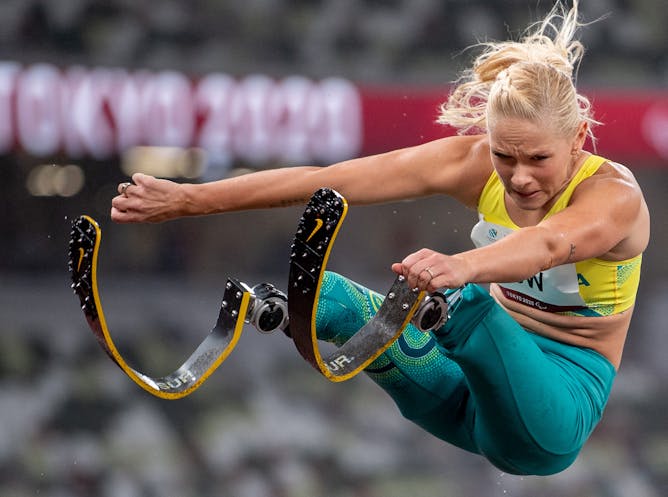
Dan van den Hoek, University of the Sunshine Coast; Christopher Latella, Edith Cowan University; Mark Sayers, University of the Sunshine Coast
Many Paralympic athletes have overcome significant obstacles to reach Paris, including funding, accessibility and high-performance training.
|
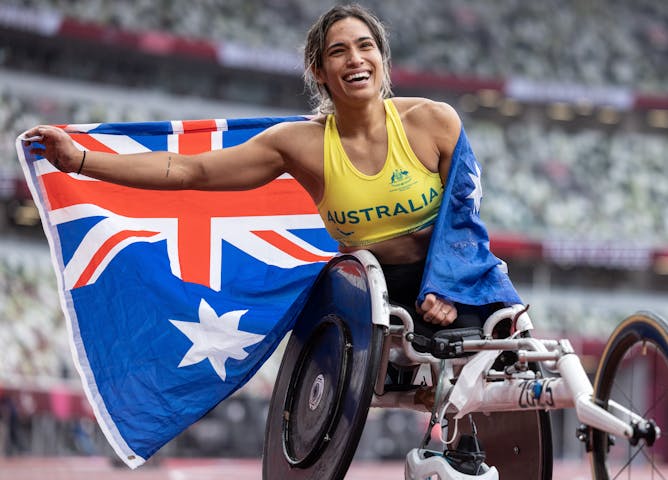
Georgia Munro-Cook, Griffith University
Just 19% of women with disability are regularly involved in organised sport, which is a big concern nine years before the Brisbane Paralympics.
|

David Smith, University of Sydney
In the US, political speeches are often reminiscent of a sermon. In Australia, “preaching” is usually avoided.
|

Michelle Grattan, University of Canberra
The advocacy group Muslim Votes Matter has put together a high-profile speakers list to launch its national campaign in Melbourne on Sunday.
|
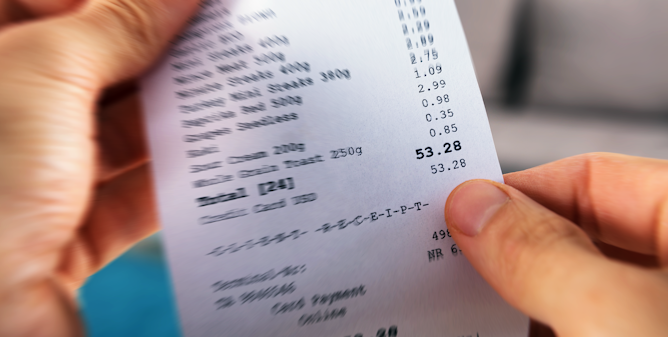
John Quiggin, The University of Queensland
Using higher interest rates to contain inflation creates winners and losers rather than sustainably making living more affordable.
|
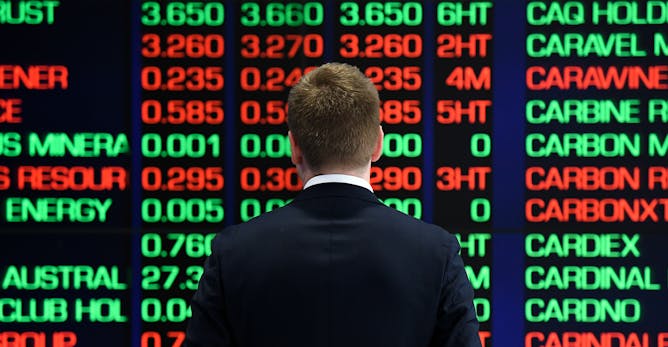
Sean Pinder, The University of Melbourne
Using debt to invest can magnify gains – but it can also seriously magnify losses. It isn’t for the faint-hearted.
|
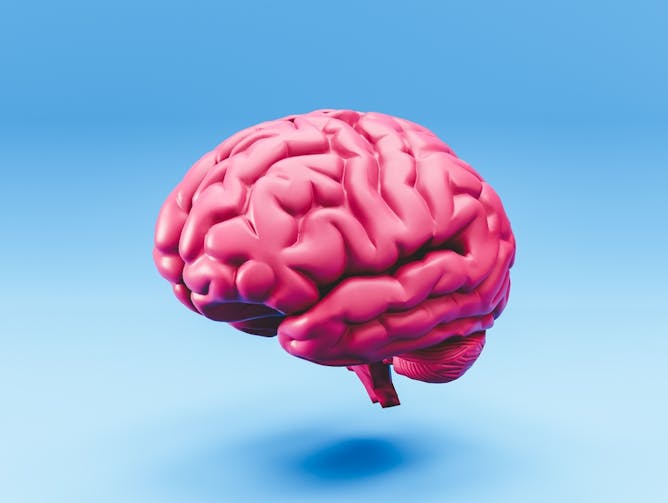
Sarah Hellewell, Curtin University; Anastazja Gorecki, University of Notre Dame Australia; Charlotte Sofield, University of Notre Dame Australia
We don’t yet know the health effects of microplastics in the brain. But until we find out more, it’s best to limit our exposure to plastics where we can.
|

Penny Van Bergen, University of Wollongong; Erin Mackenzie, Western Sydney University
Try and get your student to focus on one thing at a time – helped by a calm, quiet study environment.
|
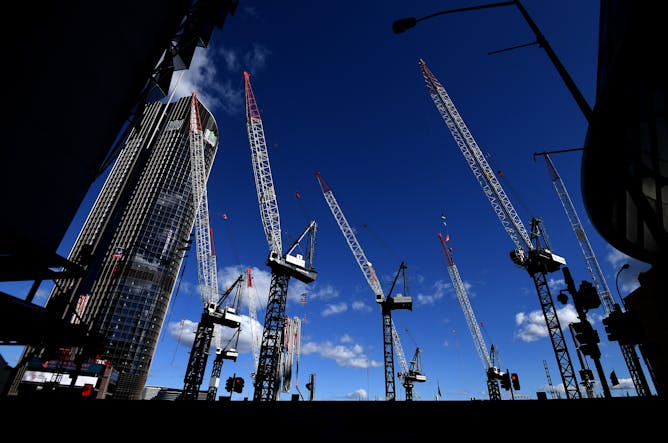
Philip Oldfield, UNSW Sydney; Gerard Reinmuth, University of Technology Sydney; William Craft, UNSW Sydney
Construction activity will use up almost half of the world’s remaining carbon budget to keep global warming under 1.5°C unless we totally rethink our approach.
|
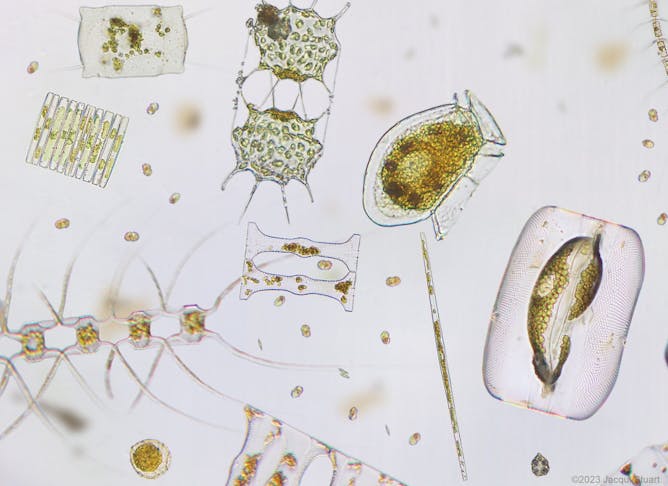
Anne Rolton Vignier, Cawthron Institute; Kirsty Smith, Cawthron Institute
As the ocean warms, toxic algal blooms are on the rise in the waters off New Zealand, causing the highest number of shellfish harvest closures in a decade.
|
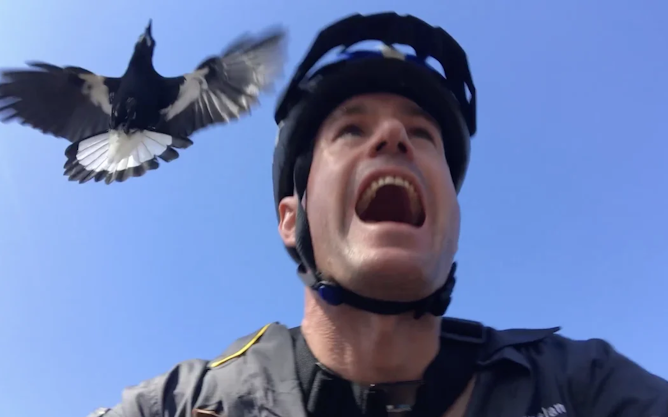
Meg Edwards, University of Southern Queensland
Springtime in Australia and New Zealand means one thing: it’s swooping season.
|
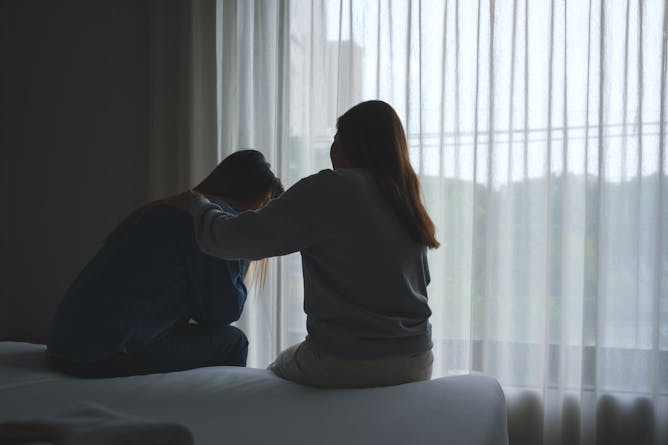
Nick Haslam, The University of Melbourne
In a new study, we looked at how the presence of diagnostic labels – such as ‘major depressive disorder’ or ‘PTSD’ – affected the way people perceived others experiencing mental distress.
|
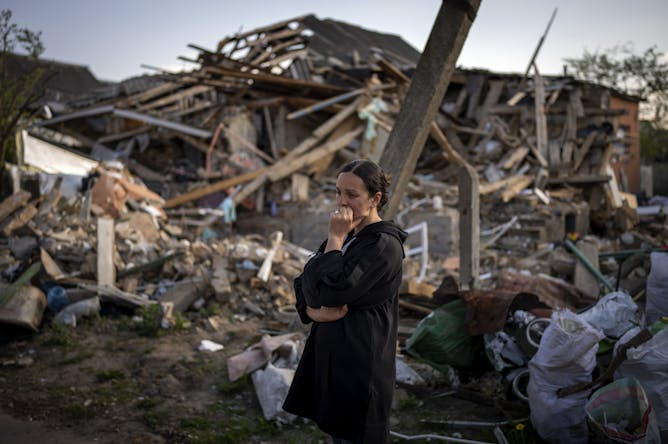
Olivera Simic, Griffith University
Dennis Glover asks where the world might be heading and warns that maybe the endgame has already begun.
|
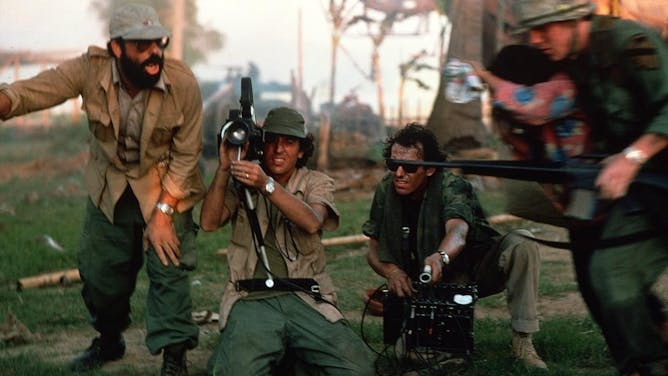
Phoebe Hart, Queensland University of Technology; Cherine Fahd, University of Technology Sydney; Erin Harrington, University of Canterbury; Joy McEntee, University of Adelaide; Michelle Arrow, Macquarie University
Documentaries both old and new shine in this month’s pickings from our experts.
|
Politics + Society
|
-
Jonathan Bartholomaeus, University of Adelaide
In surveying people both before and after the poll, we found the most decisive factors in determining the way people voted weren’t gender, politics, age or income.
|
|
Health + Medicine
|
-
Susan Jordan, The University of Queensland; Karen Tuesley, The University of Queensland
Height does increase your cancer risk – but only by a very small amount.
|
|
Science + Technology
|
-
Dee Ninis, Monash University; Dion Weatherley, The University of Queensland
Since last Friday, more than 20 seismic events have rattled the earth near the Mount Arthur coal mine in New South Wales.
|
|
Environment + Energy
|
-
Erin Roger, CSIRO; Jasmin G Packer, University of Adelaide; Jodi Rowley, UNSW Sydney; Rachael Gallagher, Western Sydney University; Thomas Mesaglio, UNSW Sydney
New research examines how citizen science data contributes to decisions by governments and conservation organisations about which species are at risk of extinction, and how they can be conserved.
|
|
Education
|
-
Andrew Norton, Australian National University
While caps will force some universities to reject students they would otherwise have enrolled, other universities may not be able to fully use their international student quota.
|
|
Arts + Culture
|
-
Paul Chad, University of Wollongong
While show medals, awards and expert reviews can be helpful when it comes to buying wine, that doesn’t mean they’re the final word.
|
|
Books + Ideas
|
-
Dan Dixon, University of Sydney
A story of gay love between a white American expat living in Paris – petrified by his attraction to men – and a louche Italian bartender, Giovanni’s Room is one of the great 20th century novels.
|
|
Business + Economy
|
-
Janine Swail, University of Auckland, Waipapa Taumata Rau; Susan Marlow, University of Nottingham
Starting a business or being self-employed is touted as a way for women to attain better work-life balance. But new research suggests this is not always a realistic goal.
|
|
| |
|
|
|
Auckland University of Technology
Auckland, New Zealand
•
Contract
|

|
|
|
|
| |
| |

|
| |
| |
| |
Featured Events, Courses & Podcasts
|
View all
|
|
2 - 6 September 2024
•
Carlton
|

|
29 August 2024
•
Brisbane
|

|
13 September 2024
•
Sydney
|

|
16 - 20 September 2024
•
Sydney
|

|
|
|
|
| |
| |
| |
| |
| |
|
|